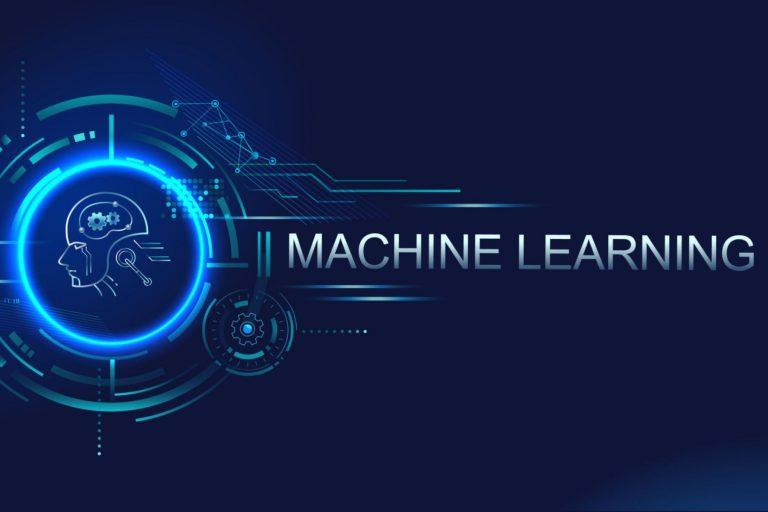Modern education has undergone a dramatic transformation as a result of the rapid advancement in IT solutions. Textbooks and manuals are being replaced with digital content that has led to the concept of Digital Education & Online Learning. The introduction of gamification is to make learning a pleasurable experience for students. Student relationships with one another and with their teachers are evolving thanks to the advent of mobile devices.
And one of the major factors that gave a push to Digital revolution in education is the Covid-19 outbreak. The government’s quarantine restrictions compelled educational institutions to stop teaching in the classroom and instead teach online!
And this is where Artificial Intelligence & Machine Learning come into the picture.
The adoption of machine learning can certainly bolster the evolution of digital education in numerous ways!
Did you know? Ai/ML in the education sector is expected to reach $1 billion in 2020 and expand by 40% over the next seven years, according to a leading report.
Many educational companies are now embracing machine learning as a competitive advantage because of this trend!
What is Machine Learning ?
Machine learning is a subfield of data science and artificial intelligence that employs statistical approaches to train computing systems and machines to assess decisions and forecast potential outcomes.
The term machine learning (ML) was originally used in 1959 by Arthur Samuel in a scientific journal. In his work, Samuel described the algorithm he used to teach the IBM 700 series computer to play checkers more effectively than humans. Since then, machine learning has undergone significant development and is now utilized in nearly every aspect of human endeavor!
Groundbreaking tasks (which were not possible a decade back) like Audio Recognition, Sophisticated Analytics, Natural Language Processing, Chatbots and Deep Learning can now be achieved thanks to Machine Learning.
Nowadays, machine learning is also being leveraged for the automation of education and the creation of eLearning platforms!
How can Machine Learning Redefine Digital Education ?
It’s become increasingly difficult for educational institutions to compete with one another in recent years.
Therefore, Institutes are constantly looking for new ways to increase the standard of their services in order to maintain their leadership positions.
During this time, EduTech companies came across some interesting solutions in the form of:
- Intelligent Tutoring
- Online Training Platforms
- Learning Management Systems and others
To create and leverage the aforementioned solutions, you need to be able to process tons of data on a daily basis and leverage the same to personalize education experiences.
That’s where Machine learning comes into the picture!
3 Ways Machine Learning is Benefitting Digital Education
- Personalized Learning Systems
We all have different study habits. Others learn better from audio and visual content than from text. Others are anxious to begin working with real-world problems immediately, but some individuals prefer to master the essential theory first.
Additionally, the time of day when we are most productive and creative varies. By analyzing students’ learning habits and implementing the relevant changes to the learning process, we may significantly enhance the quality of instruction.
In education research, machine learning is the precise instrument required to make our study programs more adaptable. It is considerably easier to acquire insight into how pupils ingest material using machine learning than through human observation. Moreover, certain patterns can only be identified with ML.
Lastly, ML facilitates the modification of course plans for the benefit of every student by producing accurate predictions regarding the outcomes of adjustments.
- Better Knowledge Assessment Tools
Within the conventional educational structure, students with inadequate information acquisition are punished through the use of examinations. A low-test score is indicative of poor performance and should push students to work harder. Unfortunately, few efforts were made to improve study skills.
Now, the present has transformed. The knowledge evaluation is an instructional event in and of itself. Increasing numbers of students acquire knowledge by completing activities, solving issues, and overcoming real-world obstacles. The tests with the correct answers indicated aid in the learning of the content. The categorization of questions by topic identifies knowledge gaps and issues that require greater attention.
The application of machine learning makes the entire evaluation of knowledge more adaptive. During the exam, a student is presented with questions of varying levels of difficulty. In the event of valid response, the AI increases the level of difficulty. If a pupil fails to complete a task, artificial intelligence reduces its difficulty. By doing so, the eLearning platform enhances the student’s learning experience by guaranteeing that he only meets difficulties he can answer.
Implementing adaptive learning necessitates an extensive pool of tests. While developing so many tests manually requires a significant amount of time, the AI can generate countless trials in a few minutes. Then, depending on the data on completed topics, the AI can autonomously generate examination tasks.

